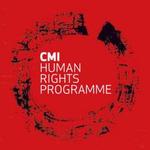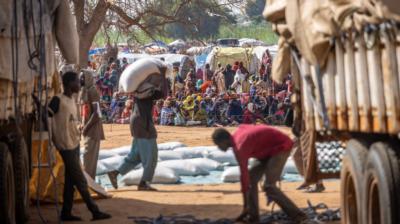CMI Working Paper
| 2004
Towards feasible social security systems in sub-Saharan Africa
Bergen: Chr. Michelsen Institute (CMI Working Paper WP 2004: 5) 13 p.
How to cite this publication:
Arne Tostensen (2004). Towards feasible social security systems in sub-Saharan Africa. Bergen: Chr. Michelsen Institute (CMI Working Paper WP 2004: 5)
The international community is devoting increasing attention to social security issues in developing countries as part of its preoccupation with poverty reduction. This paper discusses social security arrangements in place in sub-Saharan African countries to mitigate the contingencies of their citizens, with emphasis on the masses of poor people, including the ways in which the poor themselves try to tackle unexpected adversity. The basic argument is that for a social security system to be feasible in the current circumstances of widespread economic crisis, formal and informal mechanisms will have to be combined.
While recognising the normative foundation of social security in the international human rights regime and taking its point of departure in the vulnerability of poor households the paper looks at various definitions of social security. It proceeds with an enumeration of formal state-based and market-based systems, as well as informal membership-based systems in civil society and traditional kinship-based systems. Taking into account the demographic impacts of the HIV/AIDS pandemic the paper concludes that the feasibility of social security arrangements in the present economic circumstances of sub-Saharan Africa hinges on the combination of formal and informal sub-systems.

Human Rights Programme
Jan 1983 - Dec 2010
Oscillatory labour migration in Kenya
Jan 2003 - May 2003


![Corona überleben: Die Figur der:s Überlebende:n als Trägerin von Hoffnung und Angst in den Politiken einer Krise im Werden [Surviving Corona: The figure of the survivor as bearer of hope and fear in the politics of an emerging crisis]](http://www.cmi.no/img/400/18259-Corona-und-mediale-ffentlichkeiten.png)




